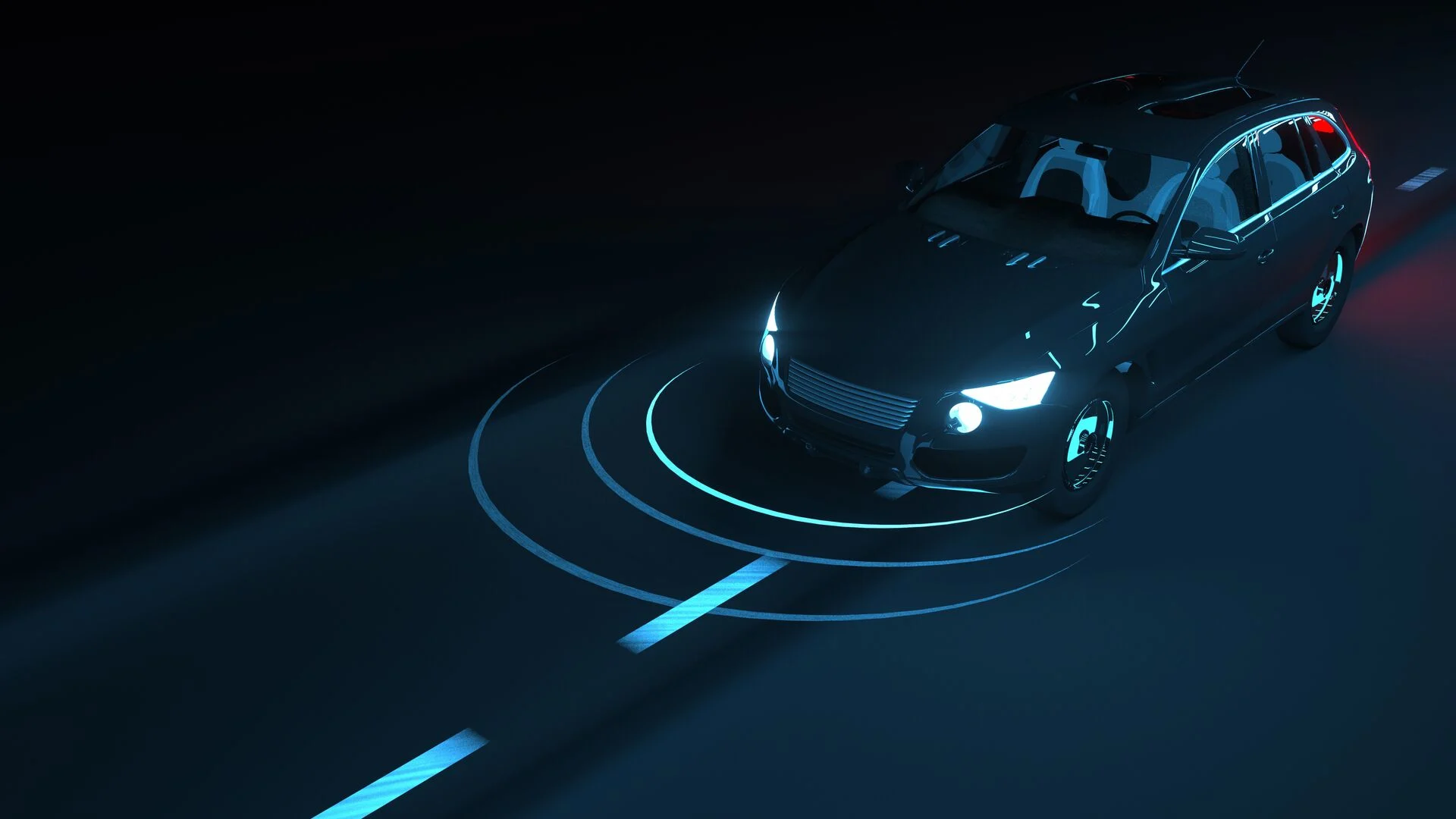Vodafone tests new car emergency call technology

|
|
|
Oct 15, 2025
2 minute read
In a move set to modernise vehicle emergency response, Vodafone has begun live trials of Next Generation Emergency Call (NG eCall) technology on its 4G LTE-enabled mobile networks across Europe.
Using Vodafone’s extensive Internet of Things (IoT) connectivity footprint, car manufacturers are able to test and implement the latest eCall technology in time for its European Union launch starting from January 2026.
What sets NG eCall apart?
NG eCall is expected to provide emergency services with richer, real-time information allowing them to offer more effective and targeted assistance in the case of an accident.
Beyond the current sharing of vehicle location with emergency centres, NG eCall makes possible speech-to-text translation, the transmission of live images and video from the scene of the accident or, with appropriate approval, the health data of vehicle occupants. Furthermore, the technology allows for two-way communications, which means that Public Safety Answering Points (PSAPs) are able to feed and activate instructions for vehicles – such as flashing its lights, disabling the ignition or sounding the car’s horn.
By switching to 4G networks, the new NG eCall system will offer much faster data transmission than the previous 2018 eCall system, which relied on the almost 40-year-old 2G network.
Coming soon to a dealership near you
The latest-generation emergency call system will be mandatory for new vehicle models in EU from January 2026, and from January 2027, NG eCall must be installed in all newly produced vehicles, old or new models.
The arrival of NG eCall marks a significant advance in improving emergency response times and the quality of assistance offered to motorists.